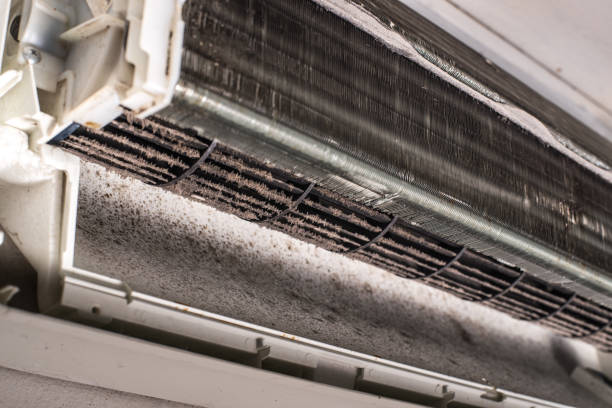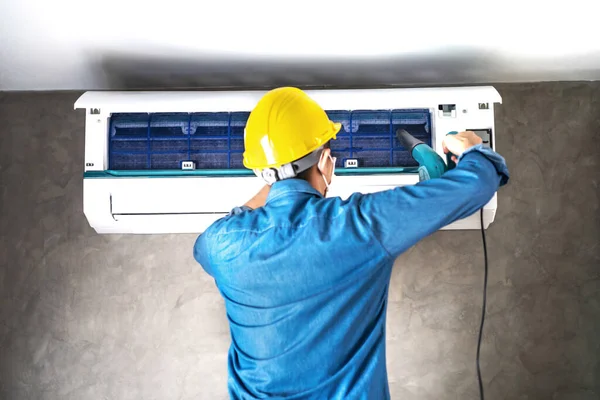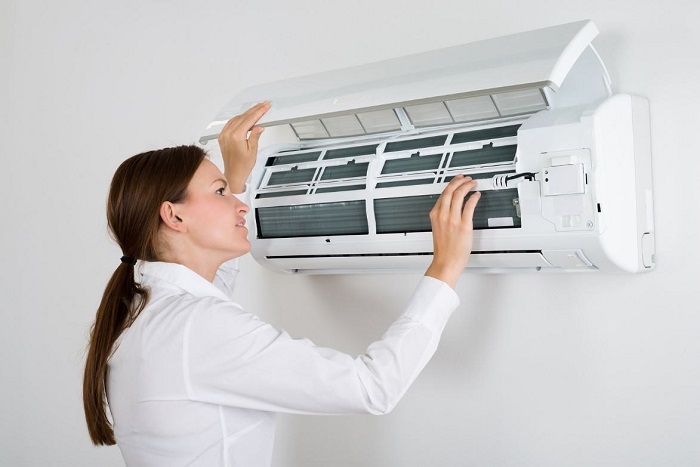In the scorching heat of summer, our faithful companion, the air conditioner, provides us with cool relief from the oppressive temperatures. However, what happens when this trusty appliance sits idle for an extended period? The consequences can be dire, not only for the air conditioner itself but also for your comfort and health. In this article, we’ll explore the effects of leaving an air conditioner unused for 5-6 months, the eventual repercussions, and why regular servicing is paramount for its longevity and efficiency.
The Consequences of Inactivity
When an air conditioner remains inactive for an extended period, several issues can arise:
- Dust and Debris Accumulation: Without regular operation, dust, dirt, and other debris accumulate within the air conditioner’s components, particularly the filters and coils. This buildup restricts airflow and diminishes the unit’s efficiency.
- Moisture Problems: Moisture can accumulate within the system, leading to mold and mildew growth. This not only compromises indoor air quality but also affects the unit’s performance and longevity.
- Lubrication Issues: Lack of use can cause lubricants within the compressor and other moving parts to degrade, leading to increased friction and potential damage.
- Electrical Component Deterioration: Electrical connections and components may corrode over time when not in use, potentially leading to malfunctions or electrical hazards upon startup.
- Refrigerant Leaks: Inactive air conditioners are more prone to refrigerant leaks, as seals and connections may deteriorate without regular operation and maintenance.
- Pest Infestation: Idle air conditioners provide a cozy refuge for pests such as insects and rodents, leading to potential damage and hygiene concerns.
- Compressor Damage: Extended periods of inactivity can cause the compressor to seize or fail due to lack of lubrication and corrosion buildup.
- Efficiency Reduction: Even if the air conditioner appears to function after a long period of inactivity, its efficiency will likely be compromised, resulting in higher energy consumption and utility bills.

The Importance of Regular Servicing
To mitigate the adverse effects of inactivity and ensure optimal performance, regular servicing of your air conditioner is crucial. Here’s why:
- Preventive Maintenance: Routine servicing involves cleaning, lubricating, and inspecting various components of the air conditioner, addressing potential issues before they escalate into costly repairs.
- Improved Efficiency: Clean filters, coils, and components ensure unhindered airflow and optimal operation, leading to lower energy consumption and reduced cooling costs.
- Extended Lifespan: Regular maintenance helps prolong the lifespan of your air conditioner by preventing premature wear and tear, ensuring that it operates smoothly for years to come.
- Enhanced Comfort: A well-maintained air conditioner provides consistent cooling and better indoor air quality, creating a comfortable and healthy living environment for you and your family.
- Warranty Compliance: Many manufacturers require regular servicing as a condition of their warranty agreements. Neglecting maintenance could void your warranty, leaving you liable for repair costs.
- Safety Assurance: Servicing includes inspecting electrical connections, refrigerant levels, and other critical components to ensure safe operation and minimize the risk of malfunctions or hazards.
- Cost Savings: Investing in regular servicing may seem like an additional expense, but it can save you money in the long run by preventing major breakdowns and expensive repairs.

Why Service with Water in Outdoor Heat Exchanger is Not Recommended
While cleaning the outdoor heat exchanger is an essential part of air conditioner maintenance, using water for this purpose is not recommended. Here’s why:
- Corrosion Risk: Water can accelerate corrosion of the heat exchanger fins, particularly if they’re made of aluminum. Corrosion compromises the heat exchanger’s effectiveness and lifespan, leading to reduced efficiency and potential leaks.
- Electrical Hazard: Applying water to the outdoor unit poses an electrical hazard, especially if it’s connected to power. Water ingress can damage electrical components and increase the risk of electrical shock or fire.
- Mold Growth: Moisture from water cleaning can promote mold and mildew growth within the heat exchanger, further compromising indoor air quality and system performance.
- Inefficient Cleaning: Water alone may not effectively remove stubborn dirt, debris, or contaminants from the heat exchanger fins. Specialized cleaning solutions and techniques are often required for thorough cleaning without causing damage.
- Voiding Warranty: Using water or improper cleaning methods on the outdoor unit may void the manufacturer’s warranty, leaving you responsible for any subsequent repairs or replacements.

The consequences of leaving your air conditioner unused for an extended period are significant, ranging from reduced efficiency and increased energy consumption to potential system damage and health risks. Regular servicing is essential to maintain your air conditioner’s performance, efficiency, and longevity, ensuring your comfort and safety throughout the year. However, it’s crucial to avoid using water for cleaning the outdoor heat exchanger to prevent corrosion, electrical hazards, and other issues. By prioritizing maintenance and adhering to recommended cleaning practices, you can enjoy the benefits of a well-functioning air conditioning system while minimizing the risk of costly repairs and disruptions.


Great reporting on a timely subject. I’d like to know more about the historical
context leading up to this occurrence. Perhaps a follow-up piece
could investigate that?